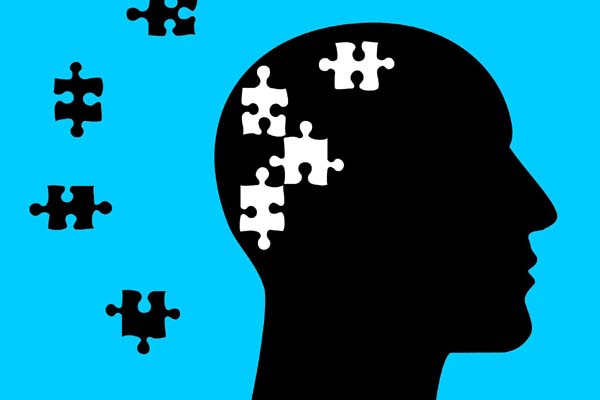
Dealing with alcoholism or other substance abuse is quite challenging, and it’s even more daunting when you have a mental health diagnosis such as anxiety, depression, OCD, etc. When you are living with both mental health problems and alcohol dependence, you are said to be suffering from dual diagnosis or a co-occurring disorder. When mental illness goes untreated, the alcoholism problem persists, and vice versa.
According to the Substance Abuse and Mental Health Services Administration, approximately 9 million Americans suffer from a dual disorder, yet, barely 10% get the required treatment for both conditions, while almost 60% don’t get any sort of treatment. Also, the National Institutes of Health has determined that people with an alcohol problem are more likely to be diagnosed with a mental disorder when compared to the general public.
When you are suffering from a dual disorder, both problems exhibit unique symptoms that may prevent your body from functioning normally, maintaining healthy relationships, coping with life’s challenges, or making informed decisions. However, it’s important to note that suffering from a mental illness or being an alcoholic does not guarantee that you will develop a dual diagnosis. Nonetheless, it can significantly increase its development eventually due to self-medicating.
Common Co-occurring Disorders with Alcohol
Here are common mental illnesses frequently associated with alcohol dependency:
Depression
Depression is arguably the most frequent co-occurring disorder diagnosed against alcoholism. Female alcoholics are especially prone to depression and may try to use alcohol in an attempt to mask the symptoms of their health disorder including hopelessness, sadness, and loneliness among others. Unfortunately, their depression worsens not to mention addiction of another health disorder – alcohol addiction.
Bipolar disorder
This health disorder is usually manifested by periodic cycles of depression and strangely animated moods. Bipolar disorder patients may consume alcohol in an attempt to smooth out their mood swings. Alcohol use during the elevated mood periods may be extremely dangerous since it tends to fuel their reckless and careless behavior at that point. Studies have shown that 61% and 48% of Bipolar I and II patients develop addiction problems at some point in their lives.
Anxiety
About 18% of Americans struggle with anxiety issues at some point in their lives, which leads to most victims turning to alcohol for comfort. For the introverts, alcohol provides a superficial platform where they feel confident about airing their views while in social gatherings. Over time, the situation becomes worse since alcohol-fueled decisions cause lots of anxiety when one gets sober, which causes the person to indulge further.
Obsessive-Compulsive Disorder (OCD)
25% of OCD patients in the U.S turn to alcohol since it distracts them from focusing on their symptoms. However, instead of getting better, the symptoms become worse since the patient keeps drinking to escape reality.
How Is a Co-Occurring Disorder Treated?
While it was initially recommended to treat addiction first, followed by mental issues, researchers found out that there’s a very complex relationship between addiction and mental illness. When a patient is diagnosed with both alcohol addiction and a mental illness, the treatment must focus on both problems simultaneously. This helps prevent relapse during the early stages of treatment for patients who’ve been diagnosed with a co-occurring disorder.
Most of the time, patients usually turn to alcohol in an attempt to self-medicate their mental disorders, and if the underlying symptoms are left untreated, they can trigger a relapse. As long as a patient is suffering from a mental illness and alcohol abuse, it’s important that they receive treatment from the same doctor or team for long-term recovery and effective results.
Mental health disorders treatment may include:
- Medication
- Counseling (Individually or group)
- Self-help measures
- Lifestyle changes
- Peer support
Substance abuse treatment may include:
- Detoxification
- Management of withdrawal symptoms
- Behavioral therapy
- Support groups (to help maintain sobriety)
The good news is that if you or a loved one needs alcohol detox Austin, or any help whatsoever regarding substance abuse and mental illness, Infinite Recovery has dedicated treatment providers waiting to help you get back on your feet once again.




